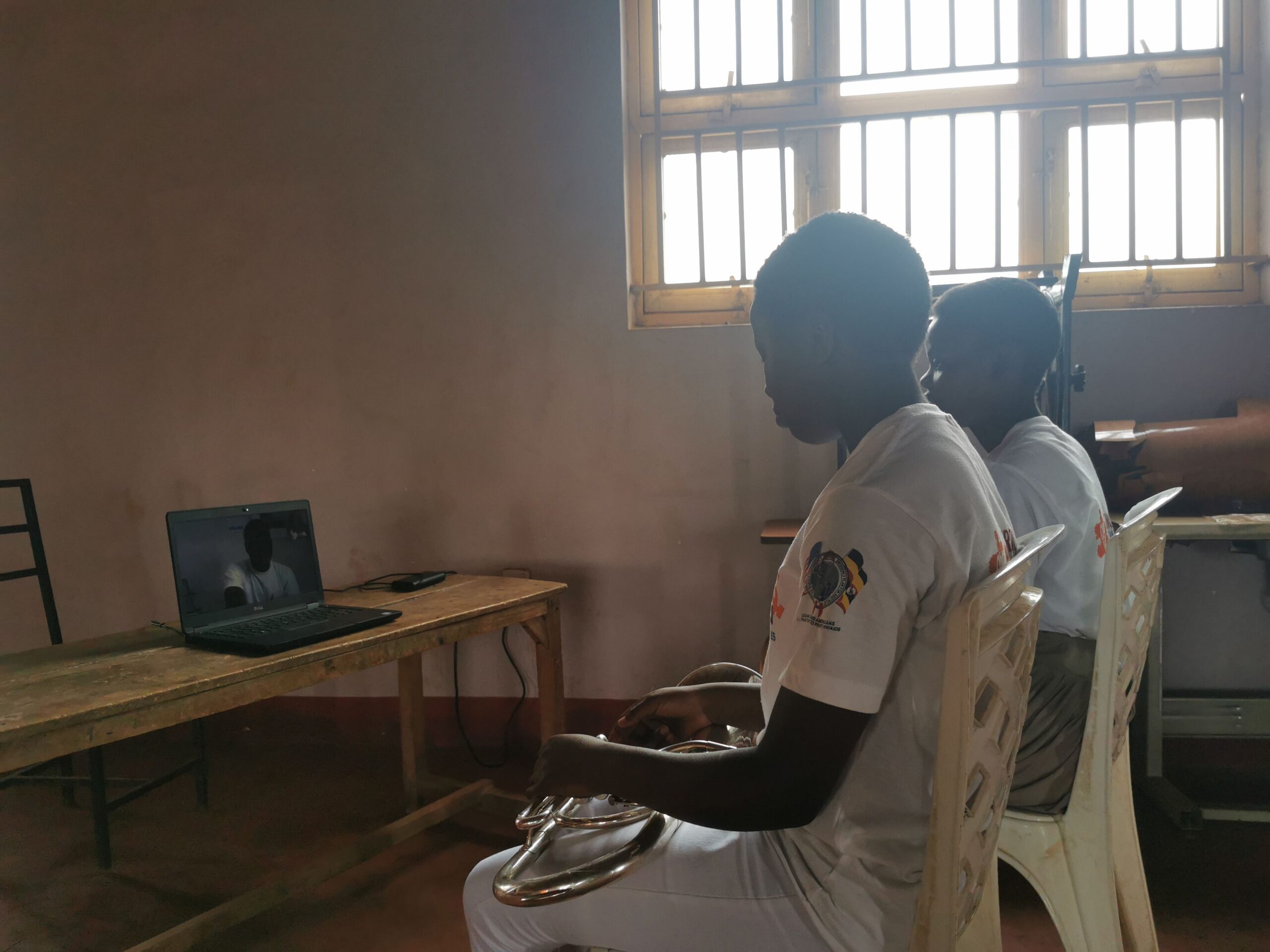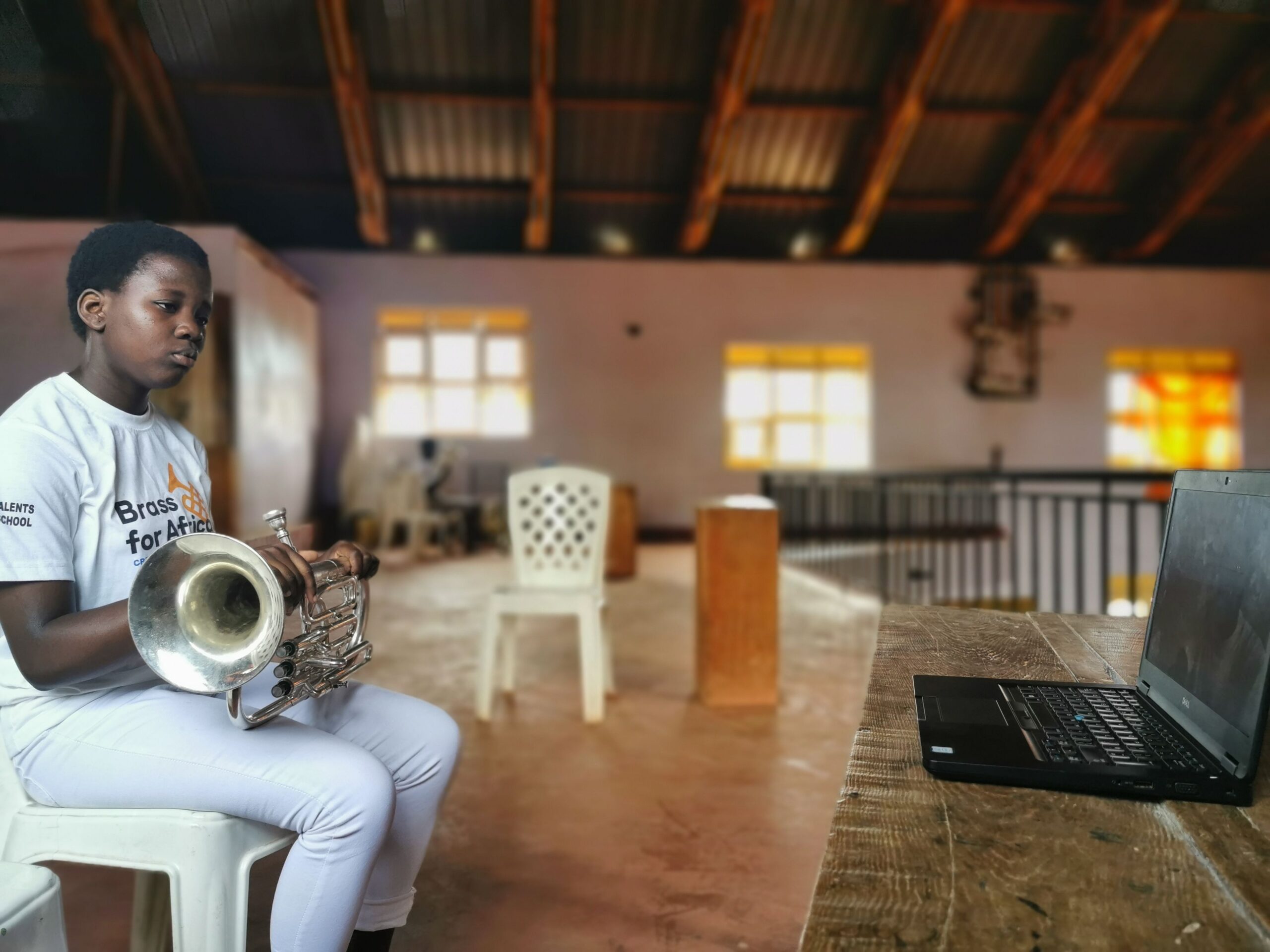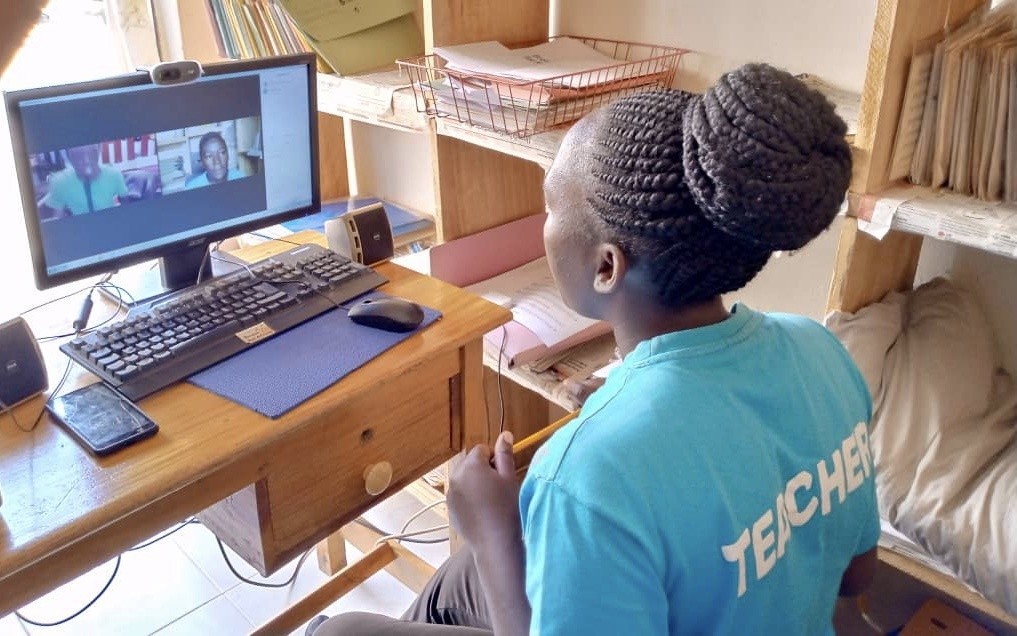Today celebrates the International Day of the Girl Child, with this year’s focus on the “Digital generation. Our generation.”
“While the pandemic has accelerated digital platforms for learning, earning and connecting, some 2.2 billion people below the age of 25 still do not have internet access at home. Girls are more likely to be cut off. The gender gap for global internet users grew from 11 per cent in 2013 to 17 per cent in 2019. In the world’s least developed countries, it hovers around 43 per cent. But the gender digital divide is about more than connectivity. Girls are also less likely than boys to use and own devices, and gain access to tech-related skills and jobs. Only by addressing the inequity and exclusion that span geographies and generations can we usher in a digital revolution for all, with all.” – UNICEF
Gender Equality is one of the four key pillars to Brass for Africa’s strategy. We carry out this pillar by:
- Continuing to forge partnerships with organisations engaged in protecting and empowering girls and use music and life-skills to bolster their impact.
- Develop and enforce policies that ensure gender balance in our programming and distribution of opportunities.
- Include girls and young women in leadership roles both in our organisation and in the community programmes we run.
On this day, it is important to analyse what we are doing as an organisation to support not only a digital generation, but especially, a digitally gender equal generation. Due to the continuous lockdowns and restrictions that have taken place because of COVID-19, Brass for Africa, along with the world, has embraced and adopted the approach of e-learning.
At the beginning of the pandemic, tablets were bought and distributed to several of our outreaches. Good Shepherd Home in Kampala (GSH) and Tender Talents Magnet School (TTS) are two partner outreaches who have been receiving sessions via e-learning. Materials are delivered to the outreaches, and the participants then connect via the tablet with their teacher.
Mwebe, a Music and Life-Skills teacher at Brass for Africa, has been teaching the girls at Good Shepherd Home for the past few months via the tablets. He explains that:
“Teaching the girls at Good Shepherd Home via e-learning has been a challenging but great experience for everyone. There are obvious difficulties such as the internet connection and sometimes a misunderstanding of the tasks or tunes. But actually, I believe that the challenges have meant that the girls’ communication and concentration skills have improved. They have demonstrated great progress with their digital understanding and adapting to this new method of e-learning.”
This e-learning experience for our female participants has allowed them to, in the words of UNICEF (2021):
“Know their digital realities and the solutions they need to pave paths to freedom of expression, joy and boundless potential. Together, we are widening these pathways so that this generation of girls can become a generation of technologists.”
Gracie, a participant at Tender Talents Magnet School shared thoughts about her digital learning:
“I have learnt a lot through my e-learning experience. My listening skills have improved a lot as you have to be attentive when focusing on the screen. It has also made me interested in technology and I am looking forward to developing my digital skills for the future.”
Brass for Africa will continue to work hard to ensure that the female participants in our programmes have the opportunity to take part in the global digital revolution through our e-learning Music and Life-Skills programme.



